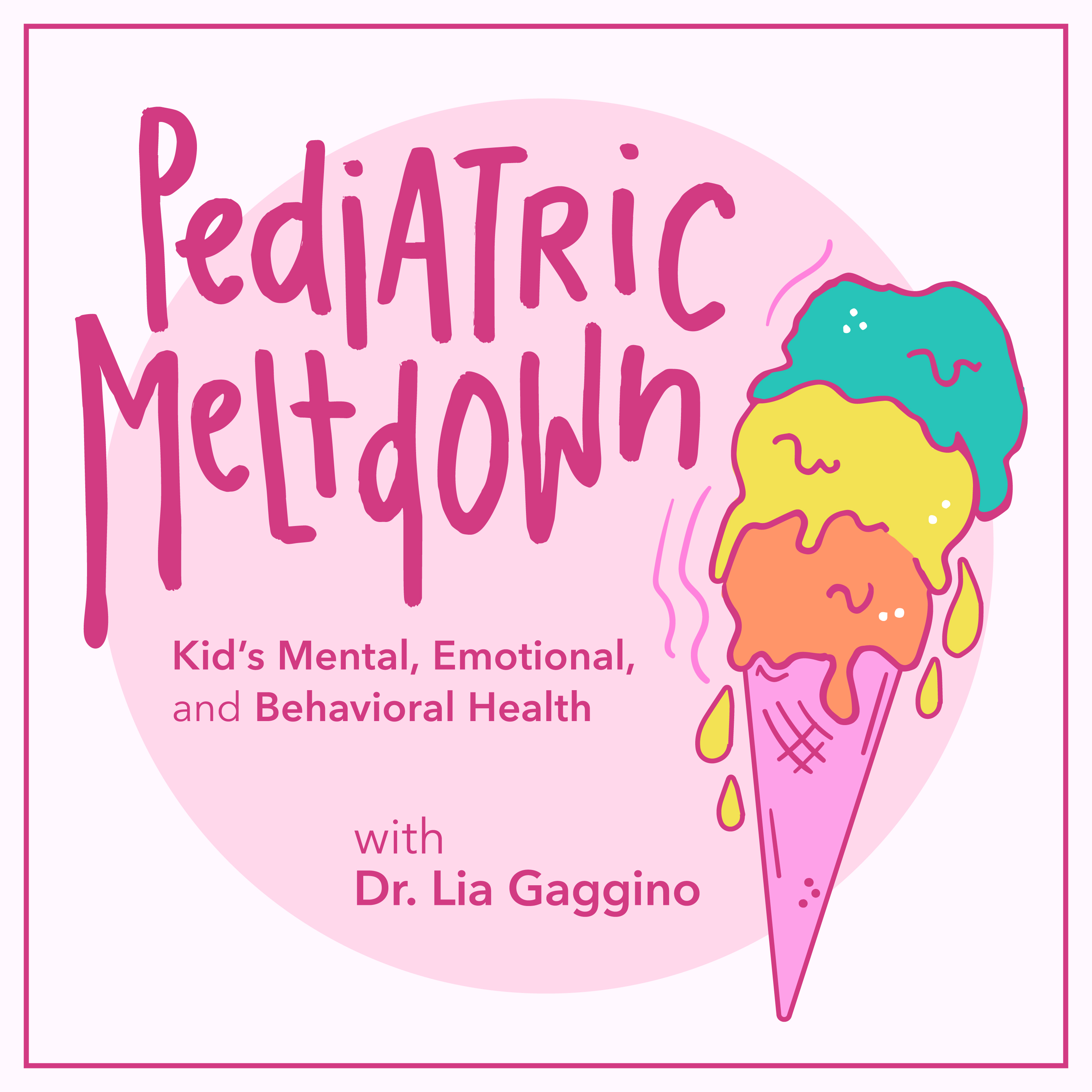
38 Suicide Prevention in Primary Care: Save a Life!
Podcast: Pediatric Meltdown
Autor:Lia Gaggino
https://302.buzz/PM-WhatAreYourThoughtsToday’s episode is a wrap-up of May’s Mental Health Month on our Suicide Prevention series and will feature a clinician who is using the Ask Suicide-Screening Questions (ASQ) Toolkit in real life. Dustin Bogan is a Board Certified Pediatric Physician Assistant and a Fellow of the American Academy of Physician Assistants, The Virginia Academy of Physician Assistants, and The Society for Physician Assistants in Pediatrics.After growing up in rural Virginia, he attended Shenandoah University for his bachelor's degree in Biology. He minored in Psychology and then got his master’s degree as a Physician’s assistant. After graduation, he began working immediately in primary care pediatrics. He is at Pediatric & Adolescent Health Partners and strives to combine his personal background, medical knowledge, and passion for mental health in his career. He serves as a care coordinator and facilitates the trauma-informed leadership team in his practice. He is also an adjunct professor at South University, educating students on pediatrics and topics related to mental health. The Hotline for Suicide Prevention is 1-800-273-8255. Crisis Text Line: text HOME to 741741 [02:31] Dustin Bogan Shares His Background Growing up in a rural area in Virginia, Dustin didn’t have access to a pediatricianSeeing so much needed around him inspired Dustin to go into a helping profession At Pediatric & Adolescent Health Partners Dustin met Dr. Abernathy There are only 8000+ Child Physiatrists in the whole country [07:02] The Impact Dustin Sees on Mental Health in His Practice The uptick of suicidality due to COVID-19 [09:28] Why Dustin’s Practice Decided to Start Generalized Screening for Mental Health Dr. Abernathy and Dr. Horowitz opting to do a research study which led to findings of 12% of patients with suicidal ideations Barriers to implementationAre parents upset about it? workforce issue in terms of flow How are nurses and staff able to get involvedDustin shares a story of how the ASQ Toolkit identified a patient in his practice with suicidal ideations and help save his life Being able to convince the staff to adopt general screening when they saw its necessity firsthand Parents reactions to the general screening The ages that Dustin’s practice screens How to screen kids that come in with chronic headaches, tummy aches Research has proven that kids that come in with chronic abdominal pain, chronic headaches, etc., are likely to have a history of trauma or an underlying mental health disorder How to handle positive screening resultsBuilding a smooth process for handling patients that screen positive Zero Suicide FrameworkLead, Train, Identify, Treat, Engage, Improve, and transitionCreative ways practitioners can partner up with experts Get comfortable with being uncomfortableTools and resources (Links below) Creating a Trauma-Informed Leadership Team [41:53] Closing Segment What advice would you give your younger self? Embrace the moment, learn from the present and not take opportunities for granted. Final Takeaways: Dustin’s group started screening for suicide risk intentionally after Dr. Abernathy...
Fecha de Publicación: 26 de mayo de 2021
Duración: 49 min
Añadir a Playlist

Episodios Relacionados
-
249. The Pediatric Meltdown Podcast: Behind the Scenes junio 4, 2025
-
248. Conversation with My Daughter: Soft Body Baddie mayo 28, 2025
-
247. Human Trafficking: What Pediatric Clinicians Must Know mayo 21, 2025
-
246. Pediatric Psychopharmacology: Tips for Prescribers mayo 15, 2025
-
245. When Sadness Looks Like Anger: Rethinking Pediatric Depression and Behavioral Activation mayo 7, 2025